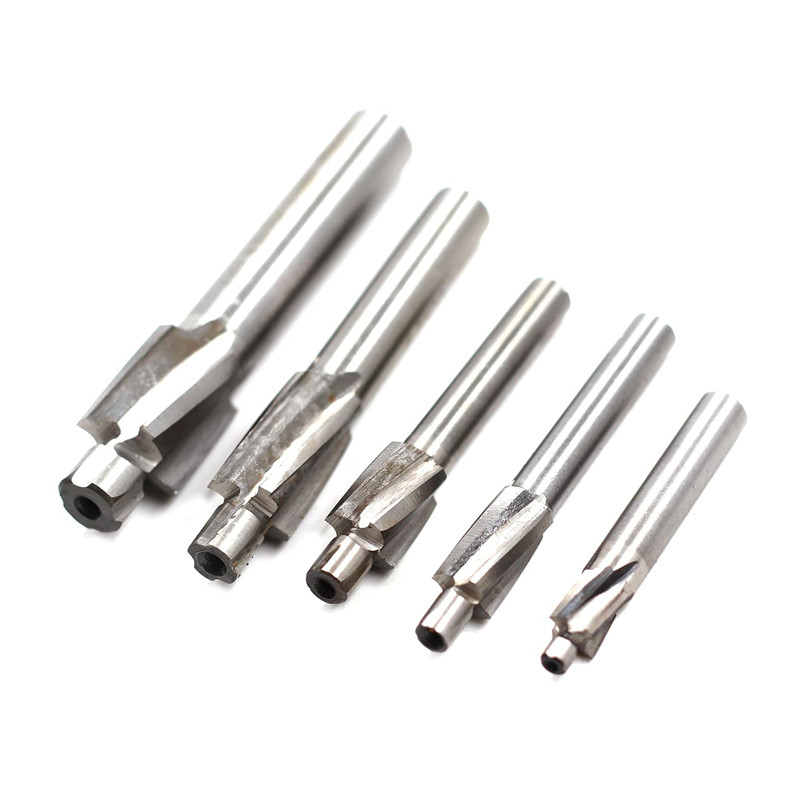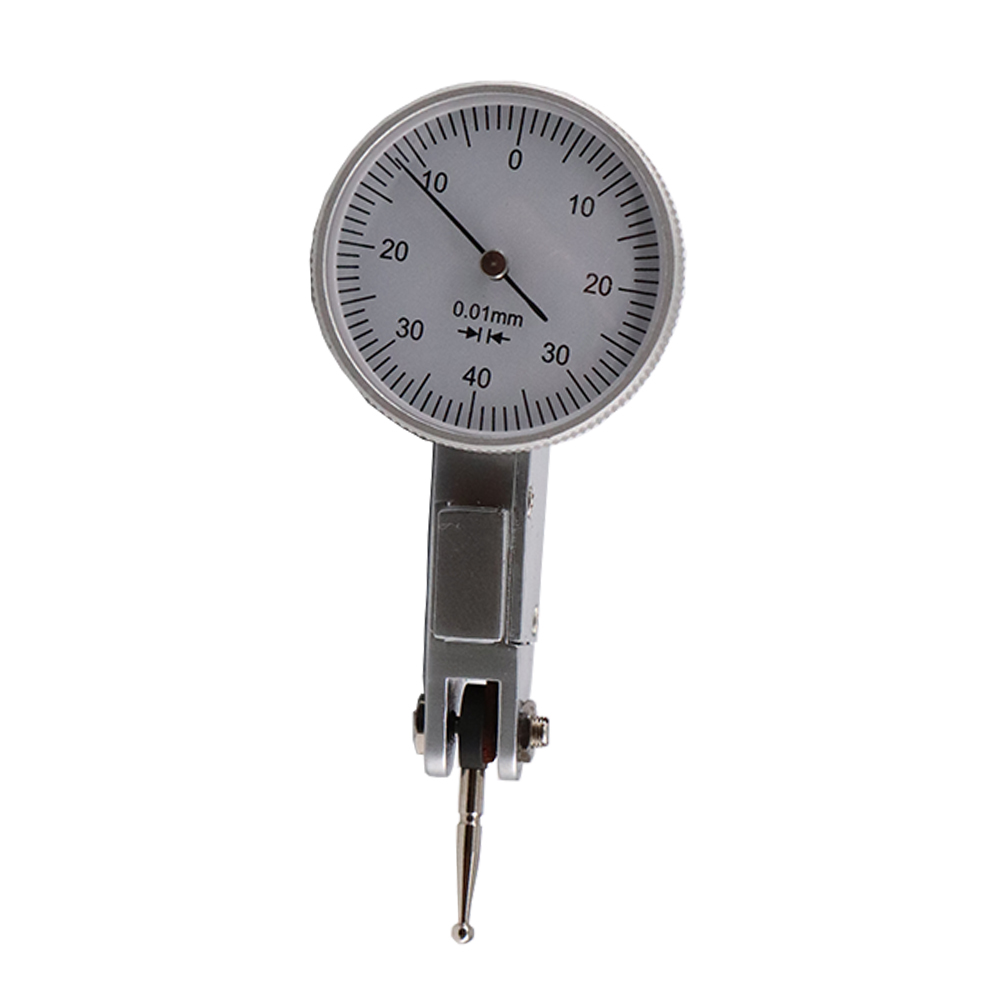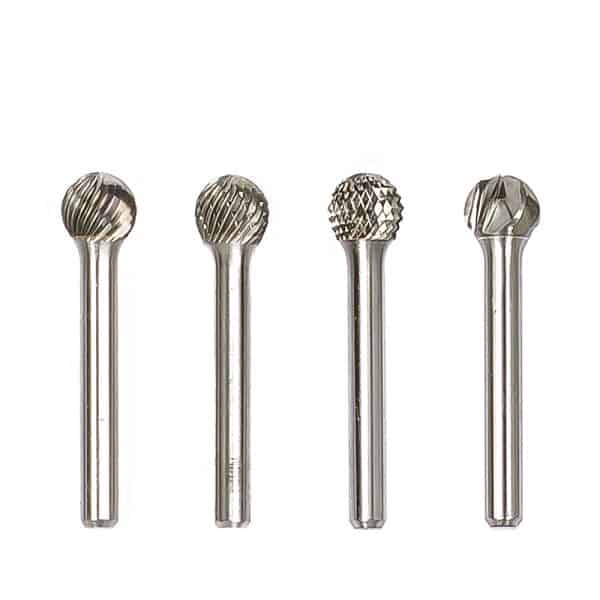Dovetail End Mill Factories
Finding a reliable dovetail end mill factory is crucial for achieving precise and efficient machining results. This article explores key factors to consider when selecting a dovetail end mill manufacturer, covering quality, materials, customization options, and cost-effectiveness to help you make an informed decision.
Understanding Dovetail End Mills
Dovetail end mills are specialized cutting tools used to create dovetail joints, which are strong and self-locking joints commonly used in woodworking and metalworking. These mills feature a unique angled cutting edge that produces the characteristic dovetail shape.
Types of Dovetail End Mills
Different types of dovetail end mills cater to specific applications. These include:
- Solid Carbide Dovetail End Mills: Offer excellent hardness and wear resistance, ideal for machining hard materials like stainless steel and titanium.
- Indexable Dovetail End Mills: Feature replaceable cutting inserts, reducing downtime and costs associated with tool replacement.
- Brazed Dovetail End Mills: Have carbide tips brazed onto a steel shank, providing a cost-effective option for general-purpose machining.
Key Considerations When Choosing a Dovetail End Mill Factory
Selecting the right dovetail end mill factory is essential for ensuring the quality and performance of your cutting tools. Here are some crucial factors to consider:
Material Quality and Hardness
The material used in dovetail end mill manufacturing directly impacts its performance and lifespan. Look for factories that use high-quality carbide grades with appropriate hardness for your specific machining applications. For instance, K10 or K20 grades are commonly used for general-purpose machining, while finer grain carbides are preferred for harder materials. At Wayleading Tools, we prioritize using premium materials to ensure exceptional tool durability and performance.
Manufacturing Precision and Tolerance
Precision is paramount in dovetail end mill production. The factory should employ advanced CNC machining equipment and rigorous quality control measures to maintain tight tolerances and consistent cutting geometry. Inconsistent tolerances can lead to inaccurate dovetail joints and reduced tool life.
Customization Options
Many machining projects require custom dovetail end mills with specific dimensions, angles, or coatings. Choose a factory that offers flexible customization options and can accommodate your unique requirements. For example, you might need a custom dovetail cutter with a specific shank diameter to fit your existing tool holders.
Coating Options
Coatings enhance the performance and lifespan of dovetail end mills by reducing friction, heat, and wear. Common coating options include:
- Titanium Nitride (TiN): A general-purpose coating that improves wear resistance and tool life.
- Titanium Aluminum Nitride (TiAlN): Offers superior heat resistance, suitable for high-speed machining and dry cutting applications.
- Diamond-Like Carbon (DLC): Provides exceptional hardness and lubricity, ideal for machining non-ferrous materials like aluminum and copper.
Cost-Effectiveness
While quality is paramount, cost is also a significant consideration. Compare prices from different dovetail end mill factories and assess their overall value proposition. Consider factors such as tool life, performance, and potential downtime savings. A slightly more expensive tool that lasts longer and performs better can ultimately be more cost-effective.
Finding a Reliable Dovetail End Mill Factory
Finding a reputable and reliable dovetail end mill factory can be challenging. Here are some strategies to help you in your search:
Online Research
Use online search engines and industry directories to identify potential manufacturers. Look for factories with a strong online presence, positive customer reviews, and detailed product information.
Industry Referrals
Seek referrals from other machinists, engineers, or industry professionals. Their firsthand experience can provide valuable insights into the quality and reliability of different factories.
Sample Orders and Testing
Before committing to a large order, request sample dovetail end mills from several factories and test them in your specific machining applications. This will allow you to assess their performance and quality firsthand.
Quality Control and Certifications
Ensure the dovetail end mill factory adheres to strict quality control standards and holds relevant certifications, such as ISO 9001. These certifications demonstrate the factory's commitment to quality and continuous improvement. Quality control is important to Wayleading Tools in order to ensure customer satisfaction.
Shipping and Delivery
Confirm the factory's shipping capabilities and delivery times. Delays in receiving your dovetail end mills can disrupt your production schedule and lead to costly downtime.
Comparing Dovetail End Mill Material Performance
Below is a table showcasing the typical properties of different materials used in dovetail end mill manufacturing. Keep in mind that specific values can vary based on the manufacturer and exact composition.
| Material | Hardness (HRC) | Typical Application |
|---|---|---|
| K10 Carbide | 89-90 | General Purpose Machining, Non-Ferrous Metals |
| K20 Carbide | 90-91 | Machining Cast Iron, Stainless Steel |
| Micrograin Carbide | 91-93 | High-Precision Machining, Hardened Steels |
Note: Data based on typical manufacturer specifications.
Conclusion
Choosing the right dovetail end mill factory is a critical decision that can significantly impact your machining operations. By considering factors such as material quality, manufacturing precision, customization options, and cost-effectiveness, you can find a reliable partner that meets your specific needs. Remember to conduct thorough research, request samples, and evaluate the factory's quality control processes before making a final decision.
Related products
Related products
Best selling products
Best selling products-
 High Precision BT-ER Collet Chuck – CNC Tool Holder, Spring Type, ER16–ER40
High Precision BT-ER Collet Chuck – CNC Tool Holder, Spring Type, ER16–ER40 -
 Plain Back ER Collet Fixture With Lathe Collet Chuck
Plain Back ER Collet Fixture With Lathe Collet Chuck -
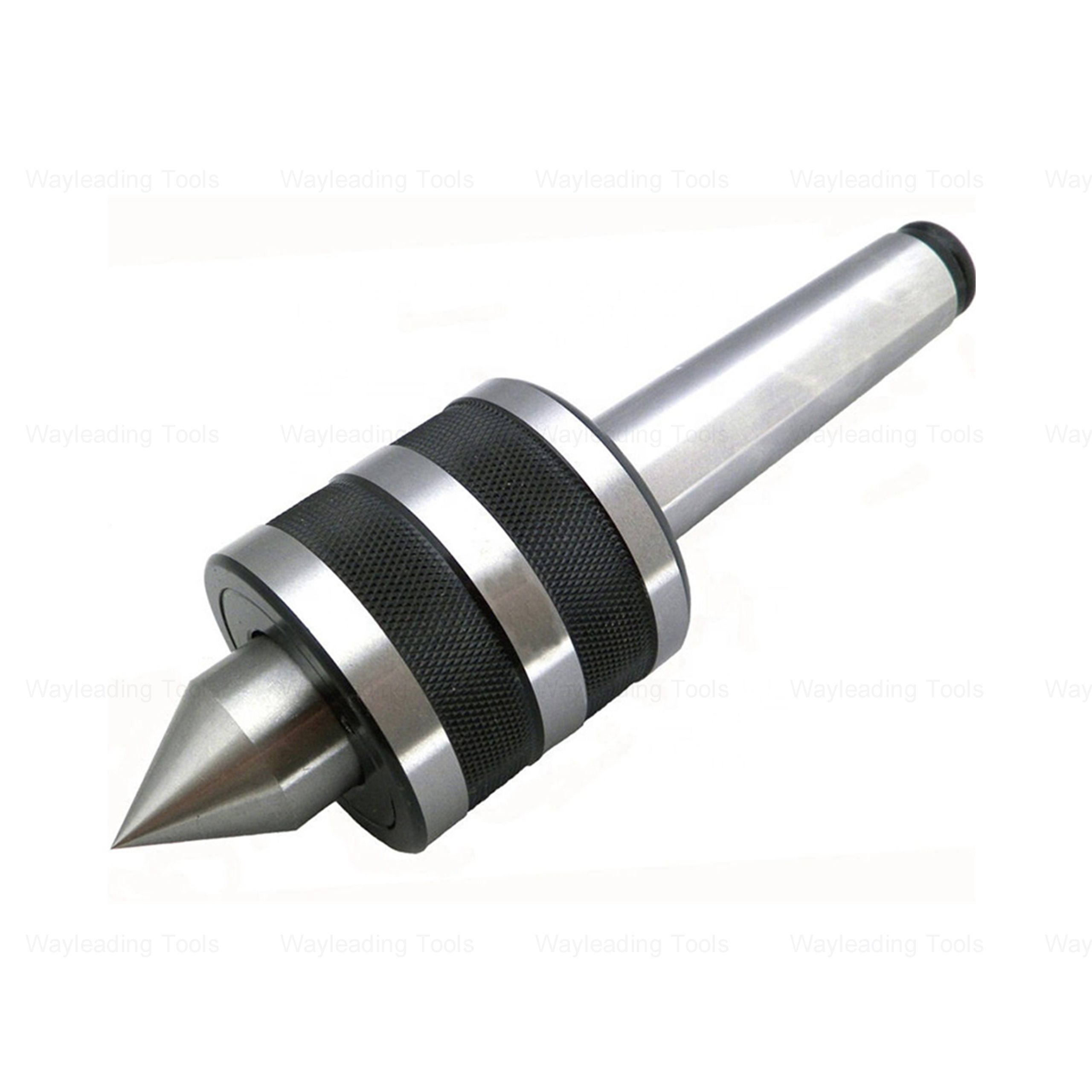 High Precision Medium-Duty Live Center – Hardened Tip, Morse Taper Shank
High Precision Medium-Duty Live Center – Hardened Tip, Morse Taper Shank -
 Precision Straight Shank To Morse Taper Adapter
Precision Straight Shank To Morse Taper Adapter -
 DIN6537L Metric Solid Carbide Twist Drill With Internal Coolant & External Coolant
DIN6537L Metric Solid Carbide Twist Drill With Internal Coolant & External Coolant -
 Metric HSS 13mm Reduce Shank Drill Bit For Metal Cutting Of High Precision
Metric HSS 13mm Reduce Shank Drill Bit For Metal Cutting Of High Precision -
 CNMG & CNMM Turning Insert For Indexable Turning Tool Holder
CNMG & CNMM Turning Insert For Indexable Turning Tool Holder -
 Parting & Grooving Tool Set With SLTB Blcok, NCIH Blades, GTN Inserts
Parting & Grooving Tool Set With SLTB Blcok, NCIH Blades, GTN Inserts -
 Round Die Wrench For Thread Cutting Tools
Round Die Wrench For Thread Cutting Tools -
 Inch HSS 1/2″ Reduce Shank Drill Bit For Metal Cutting Of High Precision
Inch HSS 1/2″ Reduce Shank Drill Bit For Metal Cutting Of High Precision -
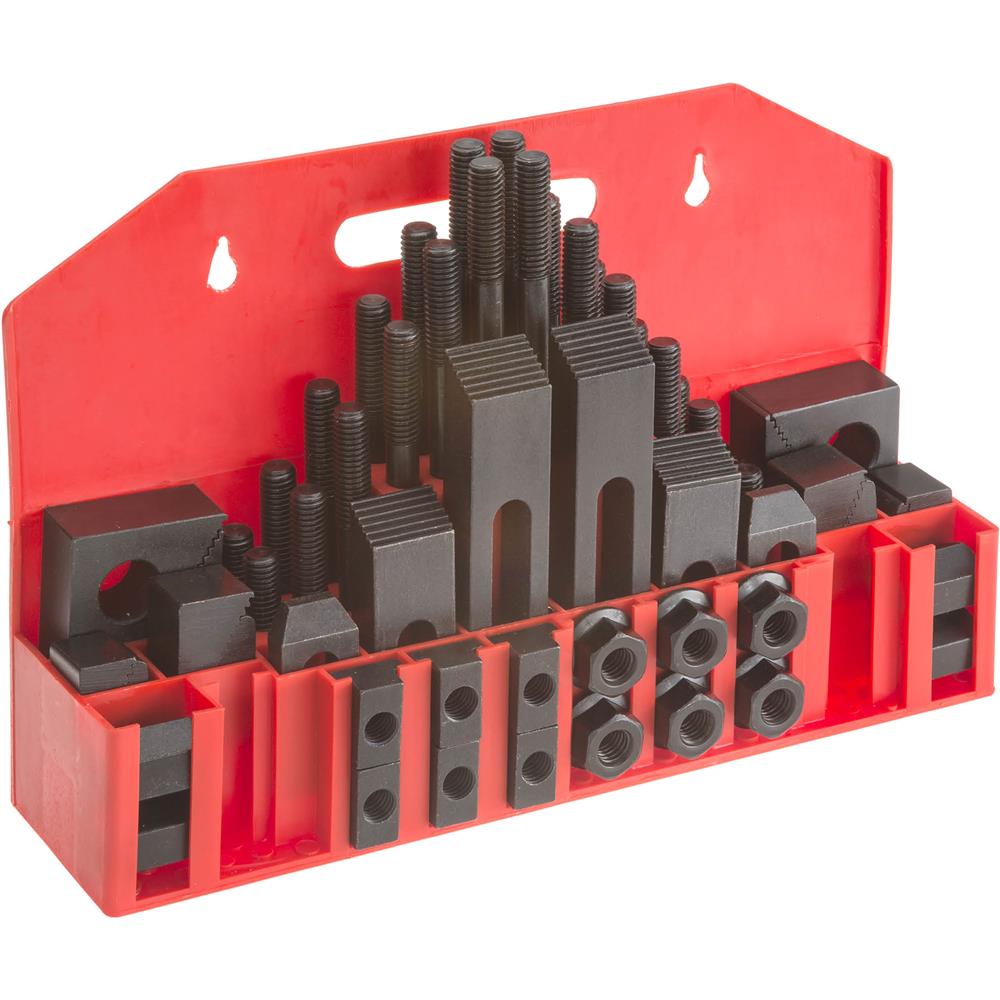 58pcs Clamping Kit With Metric & Inch Size
58pcs Clamping Kit With Metric & Inch Size -
 HSS Inch 4 Flute End Mills With Bright Or TiN And TiAlN Coated
HSS Inch 4 Flute End Mills With Bright Or TiN And TiAlN Coated


